Kin at the National Theatre
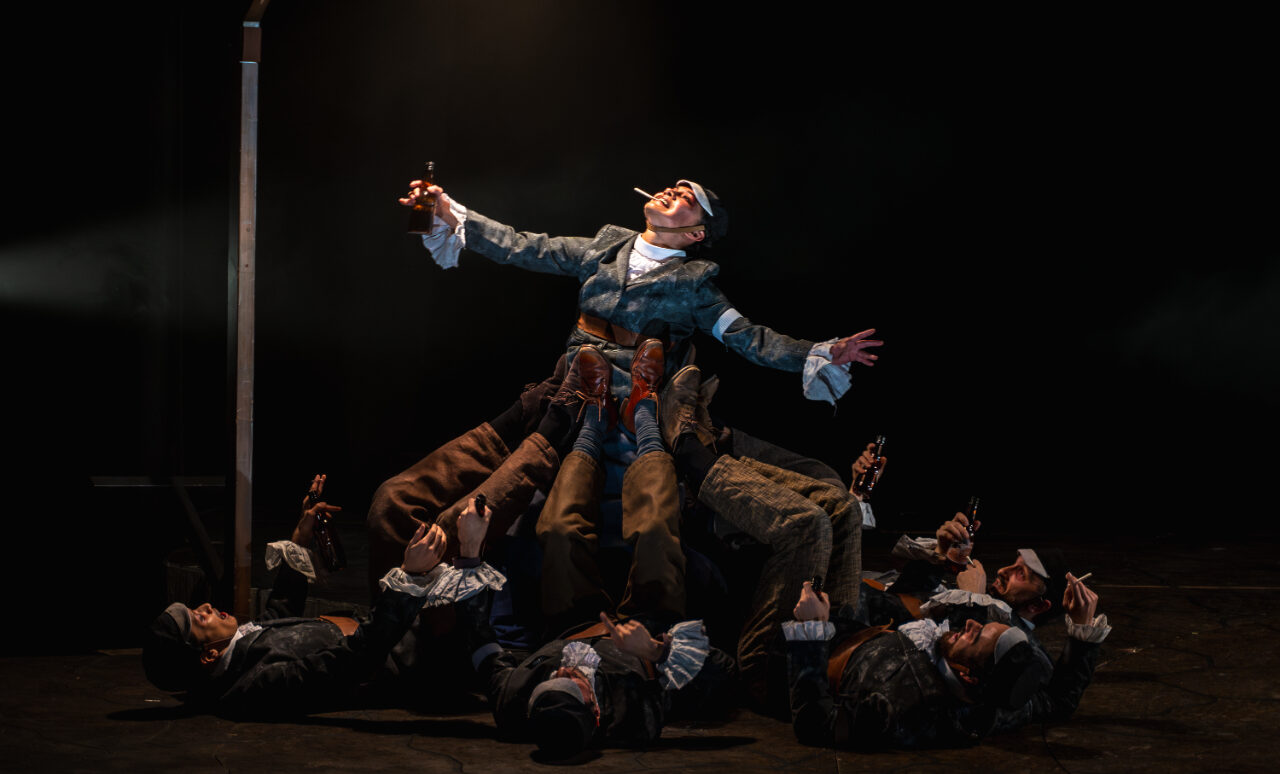
Kin is a wrenching, transfixing and strikingly powerful performance.
Imagined by Gecko, an award-winning and internationally acclaimed physical theatre company who have creativity and experimentation at their core, it is no surprise that Kin is a rich and visually stunning production.
The narrative is inspired by the journey of Amit Lahav’s grandmother, who trekked from Yemen to Palestine in 1932. Led by a matriarchal steer, we are shown a story of migration, racism and survival.
The show combines multilingual texts with little English spoken throughout. Unable to rely on language, the audience is forced to sharpen their senses, reading bodily cues, facial expressions, musical moods and lighting changes to interpret events. In the rare instances English is voiced, it ironically feels out of place and “other”, jarring viewers who were allowed to settle into a narrative free from linguistic expectation.
The themes of journeying and displacement are reflected within the storyline, which flows continuously and effortlessly from start to finish. The use of a revolving stage forces the actors to trek, breath heaving, as well as indicating the passage of time. This excellent storytelling is underpinned by the truly impressive physicality of the performance. Each break-out frenzy is precise in its chaos and every movement meticulously controlled and exact in its execution.
Although there are glimpses of comic relief, these are short-lived. One scene shows a dancer painting his face white, combined with flat cap and well-to-do tie, beer in hand: “Cheers mate”. A stereotypical depiction of an Englishman is met with a chuckle, which slowly quietens as it becomes clear that there is a fine line between laughing with and laughing at someone.
Duality is constantly explored, forcing a contrast between calm and trauma, safety and danger, and unity and division. The brutality of man is offset by a feeling of homeliness, conjured by a sofa, TV and lampshade, which omits a warm glow. This is intensified with a burning electric heater that affirms feelings of comfort, familiarity and intimacy. Similarly to so many migrants and refugees, this instability means that the audience is unable to fully relax for fear of being rearranged and supplanted back into scenes of cruelty and uncertainty.
Gecko have a unique gift for telling universal stories, allowing people from all backgrounds and nationalities to access their work. The performance therefore interweaves a multitude of journeys, that of the characters, the multinational cast who proclaim their own histories, as well as those across our borders whose ongoing crossings seem to haunt the stage as they do our newspapers.
As the title suggests, the play encourages audiences to look beyond language and origin as a means of connection or commonality, depicting kinship as something much more intuitive and innate. It appeals to a sense of humanity, which binds us all, a sensation that so often seems to get lost amidst geopolitics and world affairs.
The final scene repeats an image that is duplicated multiple times. The characters, dressed in life jackets, blow their whistles, which ring silent, followed by a harrowing scream. The final whistle, however, awaits its echo, pleading with the audience to answer an SOS which is falling on deaf ears within today’s society.
Olivia Gardener
Images: Malachy Luckie
Kin is at the National Theatre from 12th until 27th January 2024. For further information or to book visit the theatre’s website here.

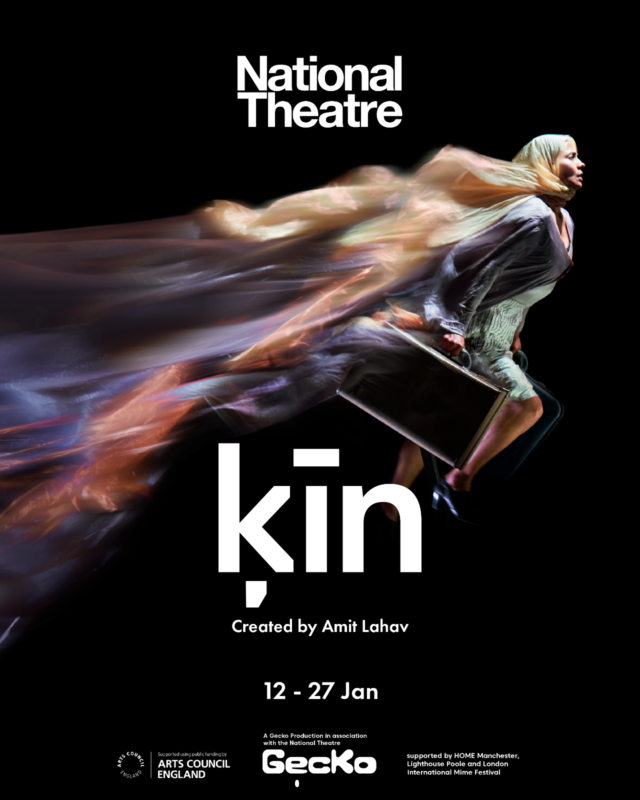
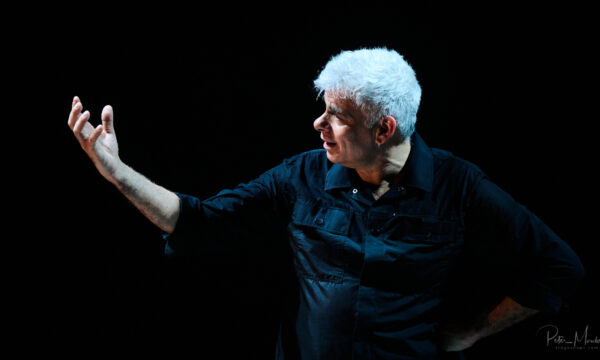
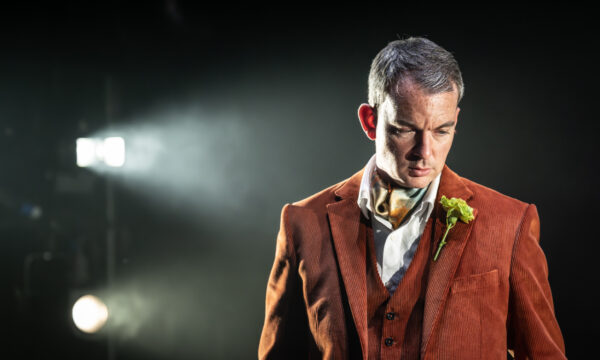

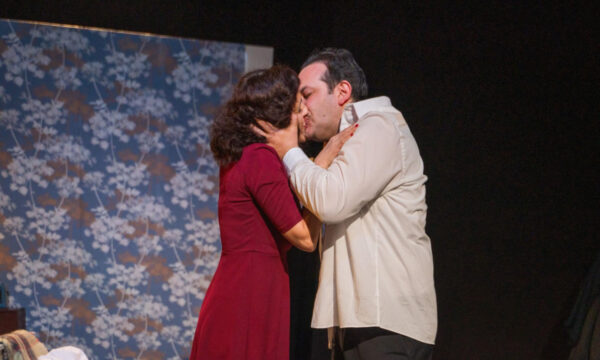
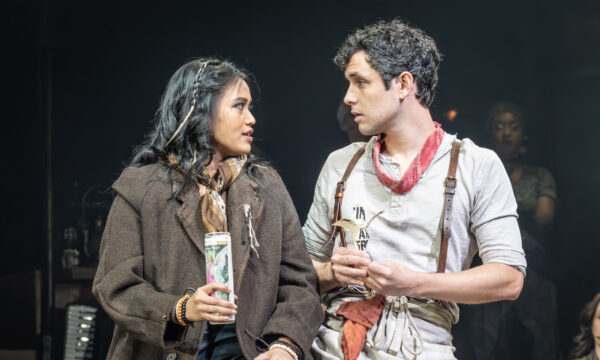
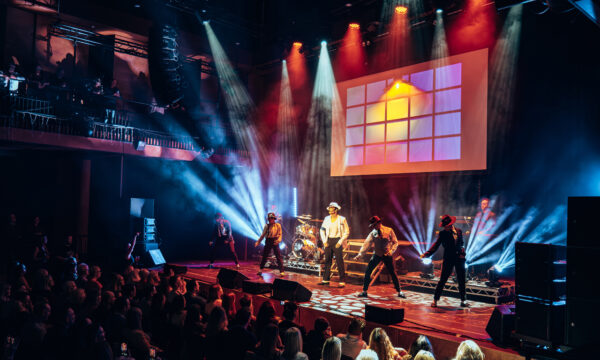

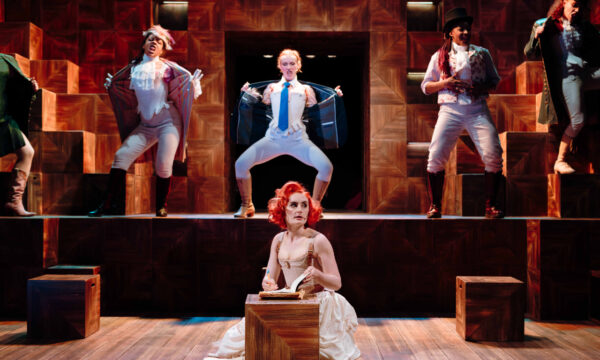











Facebook
Twitter
Instagram
YouTube
RSS